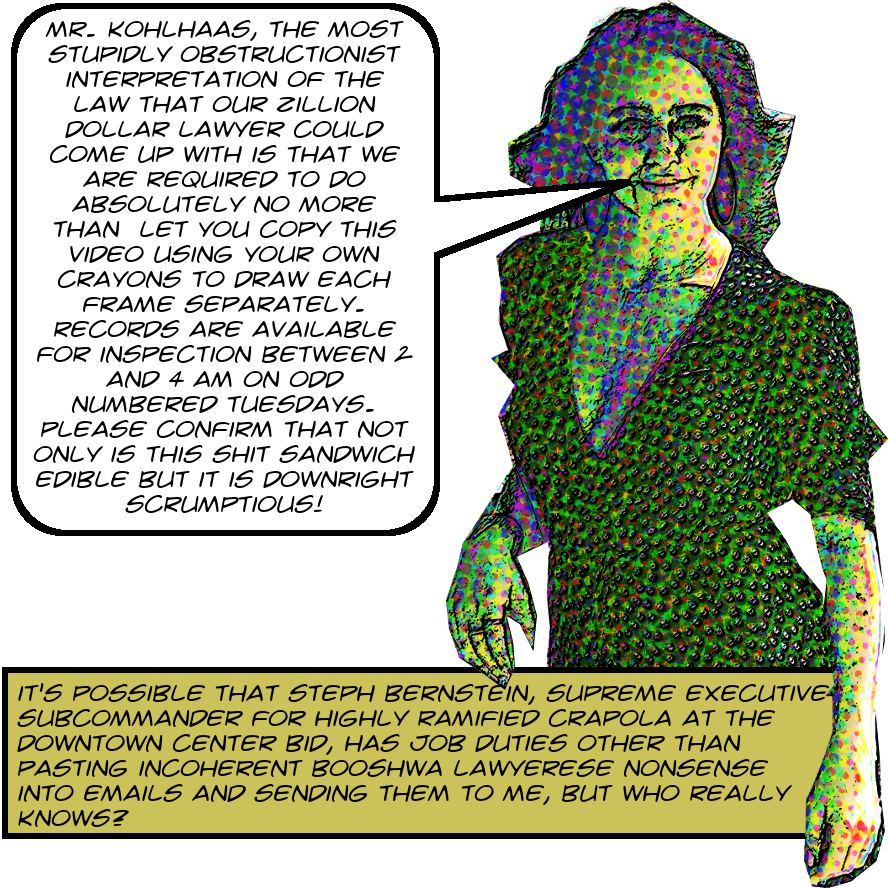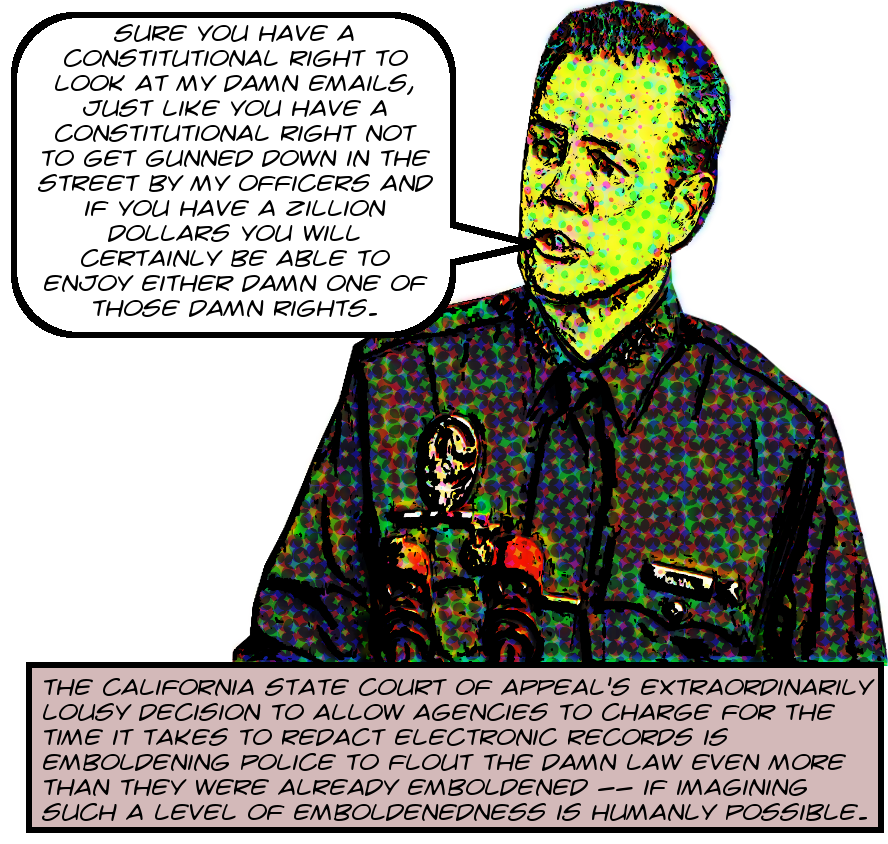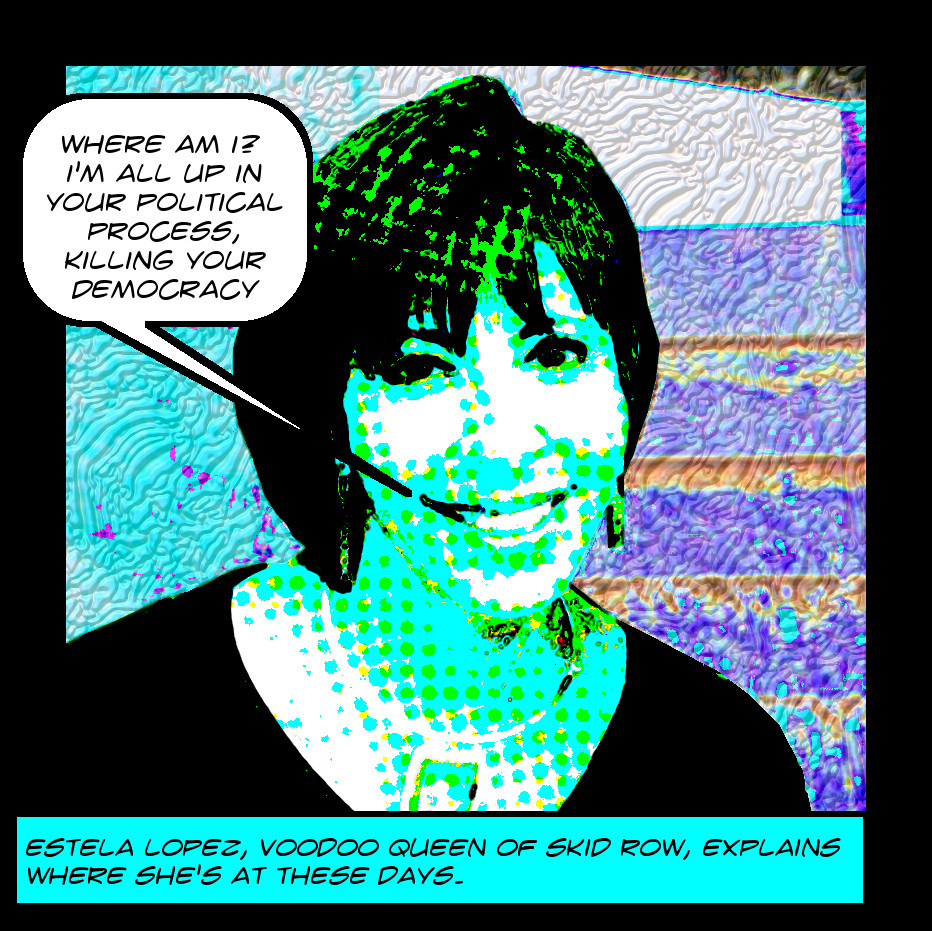 Last year the legislature passed and Gavin Newsom signed into law a bill amending the California Public Records Act to allow requesters to copy records at inspection time using their own equipment. The precise language added to the law at §6253(d) is:
Last year the legislature passed and Gavin Newsom signed into law a bill amending the California Public Records Act to allow requesters to copy records at inspection time using their own equipment. The precise language added to the law at §6253(d) is:
(d)(1) A requester who inspects a disclosable record on the premises of the agency has the right to use the requester’s equipment on those premises, without being charged any fees or costs, to photograph or otherwise copy or reproduce the record in a manner that does not require the equipment to make physical contact with the record, unless the means of copy or reproduction would result in either of the following:
(A) Damage to the record.
(B) Unauthorized access to the agency’s computer systems or secured networks by using software, equipment, or any other technology capable of accessing, altering, or compromising the agency’s electronic records.
(2) The agency may impose any reasonable limits on the use of the requester’s equipment that are necessary to protect the safety of the records or to prevent the copying of records from being an unreasonable burden to the orderly function of the agency and its employees. In addition, the agency may impose any limit that is necessary to maintain the integrity of, or ensure the long-term preservation of, historic or high-value records.
And this new requirement took effect on January 1, 2020. Agencies have been all over the place on allowing requesters to photograph paper records at inspection time, but mostly the new language is clear enough that they’re just complying. Even the extraordinarily psychopathically obstructionist Department of Alcoholic Beverage Control conceded with respect to paper records.
Continue reading Starting January 1, 2020 The California Public Records Act Requires Agencies To Allow Requesters To Make Copies Of Records At Inspection Time Subject To Some Limitations — The Limitations Are Clear For Tangible Records — The Means Of Copying Must Not Require Contact With The Record — But Things Are Not So Clear With Respect To Electronic Records — The Legislative History Of The Bill Makes It Clear That Copying Actual Files Must Be Allowed Though — But The Downtown Center BID — Which Has Adopted A Ludicrous Series Of Obstructionist Policies Over The Years Did Not Agree — Said I Could Photograph Electronic Records On The Screen But Not Copy The Files Directly — But I Was Like No Freaking Way And Here Is Why — And In A Rare Moment Of Sanity They Totally Caved!


